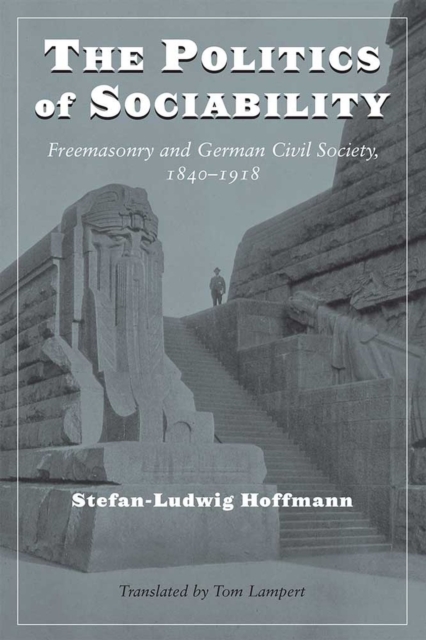
The Politics of Sociability : Freemasonry and German Civil Society, 1840-1918 Hardback
by Stefan-Ludwig Hoffmann
Part of the Social History, Popular Culture and Politics in Germany series
Hardback
Description
This is the first cultural and political history of German Freemasonary in the 19th and early 20th centuries.
The practice of Masonic sociability, Stefan-Ludwig Hoffmann shows in this ambitious and original work, reflected an enlightened belief in the political significance of moral virtue for civil society, indeed, for humanity.
Freemasons' self-image as civilizing agents, acting in good faith and with the unimpeachable idea of universal brotherhood, was contradicted not only by their heightened sense of exclusivity; Freemasons unintentionally exacerbated nineteenth century political conflicts by employing a universalist language.
Using a wealth of archival sources previously unavailable, Stefan-Ludwig Hoffmann shows how Freemasonry became a social refuge for elevated and liberal-minded bourgeois men who felt attracted to its secret rituals and moral teachings.
German Freemasons sought to reform self and society, but, Hoffmann argues, ultimately failed to balance modern politics with a cosmopolitan ethos.
Information
-
Item not Available
- Format:Hardback
- Pages:424 pages, 12 b&w illustrations
- Publisher:The University of Michigan Press
- Publication Date:25/09/2007
- Category:
- ISBN:9780472115730
Information
-
Item not Available
- Format:Hardback
- Pages:424 pages, 12 b&w illustrations
- Publisher:The University of Michigan Press
- Publication Date:25/09/2007
- Category:
- ISBN:9780472115730






